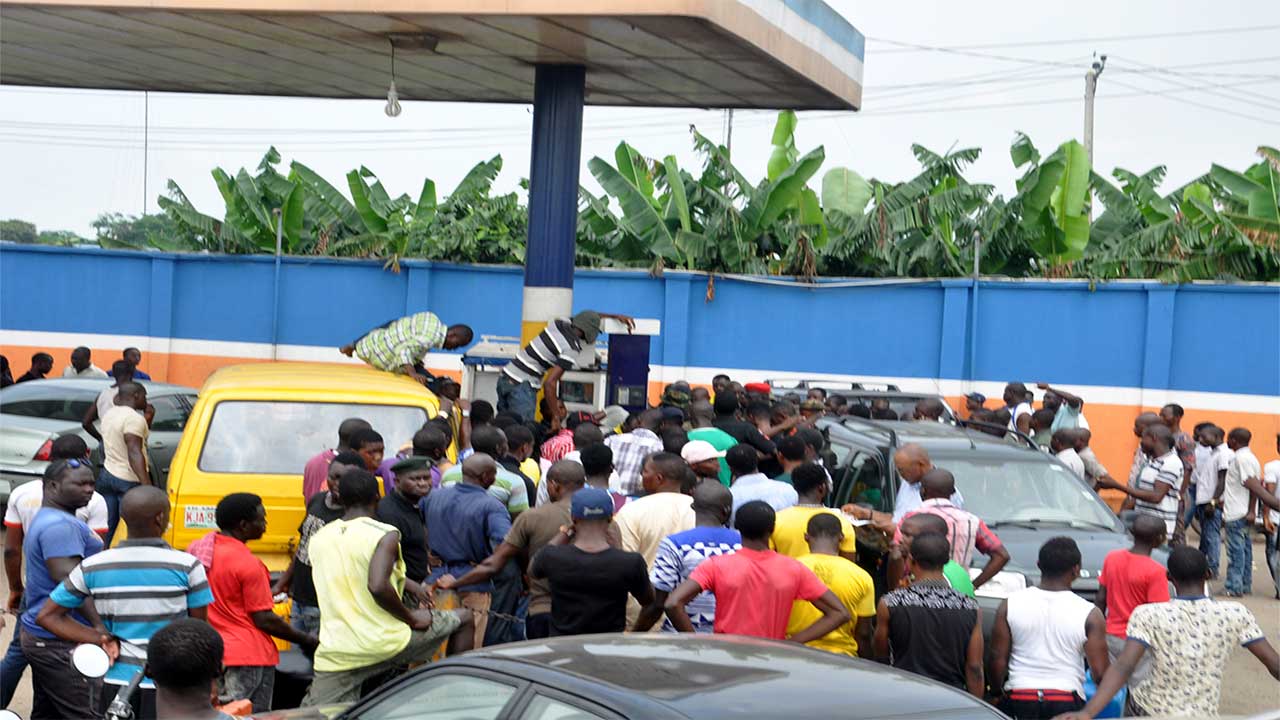NIGERIA’S oil downstream sector is currently characterized by intense competition among industry players vying to maintain their market share.
Despite the introduction of the naira-for-crude policy by President Bola Tinubu in October 2024, which aimed to ease fuel prices by facilitating sales of crude oil and petroleum products in naira to local refineries, petrol prices have remained high, largely due to persistent challenges with the exchange rate that continue to strain the market.
Efforts by the Tinubu administration to boost local production have not significantly reduced Nigeria’s reliance on imports.
Between May and June 2025, out of 3.25 billion litres of petrol consumed, only 927 million litres came from local refiners, with the majority, 2.32 billion litres, imported.
The removal of subsidies combined with currency devaluation has eroded Nigerians’ purchasing power, suppressed demand, and sustained inflationary pressure.
Average pump prices remained around N1,000 per litre in July 2025, a stark increase from the pre-subsidy removal price of about N187 per litre. The high fuel prices disproportionately affect ordinary Nigerians, making vehicle operation affordable mainly for the wealthy and political elite.
Attempts to promote compressed natural gas have had limited impact due to high conversion costs and a lack of infrastructure.
Consumption data suggest that average daily consumption of petrol dropped from between 60 million litres and 69.5 million litres before the May 29, 2023, removal of the subsidy to around 46.38 million litres.
The Dangote Refinery, the NNPC and independent marketers have intensified the competitive pricing war by undercutting each other. Aligned on either side are major and independent marketers.
The Independent Petroleum Marketers Association of Nigeria has challenged Dangote Refinery to target a price band between N750 and N800 and is opposed to the indigenous producer’s direct distribution plan.
This plan, which aims to eliminate third parties, has been rejected by PETROAN, which accused the dominant refiner of creating a monopoly through direct distribution of products supported by a 4,000-truck fleet. PETROAN and other marketers claimed that this direct distribution would remove independent marketers and damage their businesses.
The refiner, however, insists that its pricing is competitive and aligned with international rates. It repeated its warning that imported petroleum products were substandard.
Full deregulation under the provisions of the Petroleum Industry Act will boost optimisation of the sector.
The NNPC should be freed from government control, while the four state-owned refineries are sold, and public resources spent on unproductive turnaround maintenance are applied to more needy sectors.


